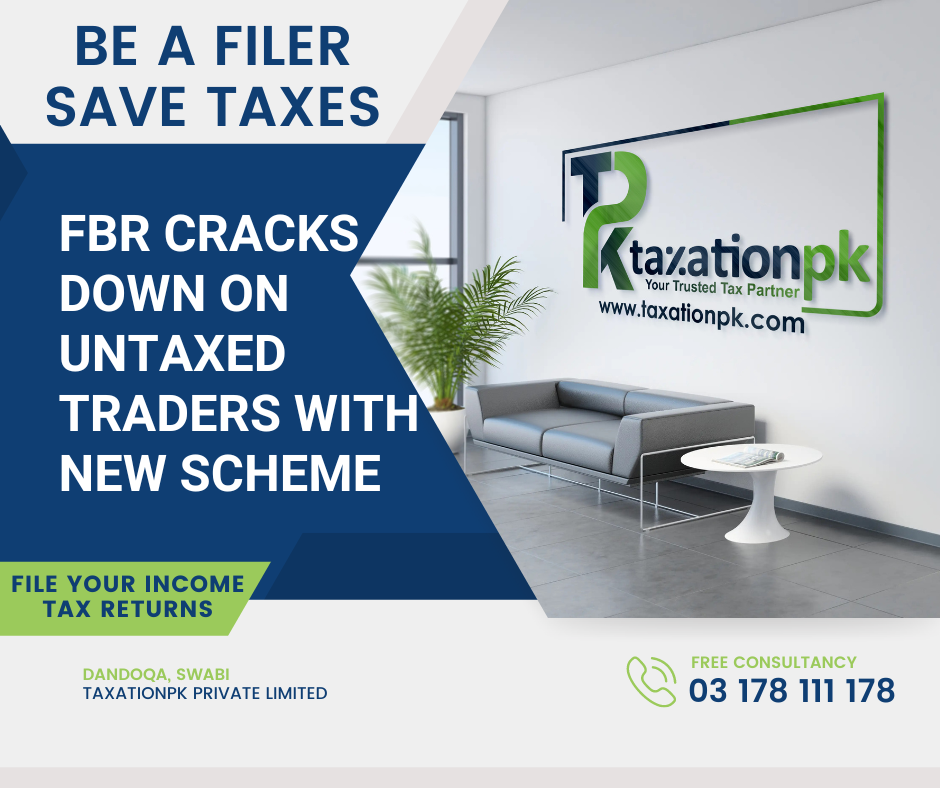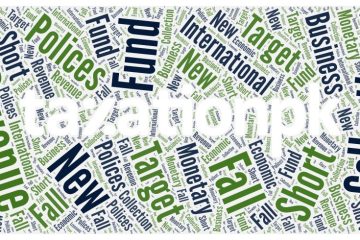Federal Board of Revenue (FBR), has taken a significant step towards formalizing the retail sector and boosting tax collection. The newly implemented “Special Procedures for Small Traders and Shopkeepers” scheme mandates registration and minimum advance tax payments for businesses in major cities. This initiative fulfills a key condition set by the IMF for loan approval and addresses a longstanding challenge of bringing a large, often undeclared, segment of the economy into the tax net.
Wider Net Cast Beyond Traditional Traders:
While the initial draft focused on small traders and shopkeepers, the final scheme encompasses a broader range of players in the supply chain. This includes dealers, retailers, manufacturer-cum-retailers, importer-cum-retailers, essentially covering any entity involved in the flow of goods. This broader scope aims to capture a more comprehensive share of the retail sector’s tax potential.
Lessons Learned from Past Attempts:
Previous efforts to bring retailers into the formal tax system have faced resistance. The current scheme attempts to address these concerns by offering incentives and focusing on major trade hubs like Karachi, Lahore, and Islamabad. Additionally, the Special Investment Facilitation Council (SIFC) will oversee the scheme’s progress, aiming for smoother implementation compared to past attempts.
Closing the Gap Between Salaried Tax and Retail Sector Contribution:significant discrepancy between income tax paid by salaried individuals (Rs. 217 billion) and retailers (Rs. 11.2 billion) during the first eight months of the fiscal year highlights the need for this initiative. The scheme aims to bridge this gap and ensure a fairer distribution of the tax burden.
Key Features of the New Scheme:
- Registration: Traders and shopkeepers operating in designated cities with a physical place of business must register by April 30th. Failure to register will result in FBR-mandated registration.
- National Business Registry: Registration will be facilitated through the Tajir Dost module app or the FBR portal, creating a central database of registered businesses.
- Minimum Advance Tax: Every registered business will be liable to pay monthly advance tax on the 15th of each month. Even those with income below the tax threshold must pay a minimum annual tax of Rs. 1,200.
- Tax Incentives: A 25% tax reduction is offered to encourage early payment of the full annual tax or filing of 2023 tax returns.
- Tax Payment Method: Taxes will be paid through a separate computerized payment receipt based on the annual rental value of the business premises (10% of the fair market value).
Addressing the Challenge of Undisclosed Income:
The scheme acknowledges the high number of untracked bank accounts (over 80%) believed to be used by traders. Fair market value of business premises, as determined by FBR or district officer valuations, will serve as the basis for tax calculation. This approach aims to capture a more accurate picture of income generated by these businesses.
The “Special Procedures for Small Traders and Shopkeepers” scheme represents a bold step by the FBR to formalize the retail sector and increase tax collection. By offering incentives and focusing on broader stakeholder involvement, the scheme has the potential to be more successful than past attempts. Only time will tell if this strategy effectively brings a significant portion of the retail sector into the tax fold.






